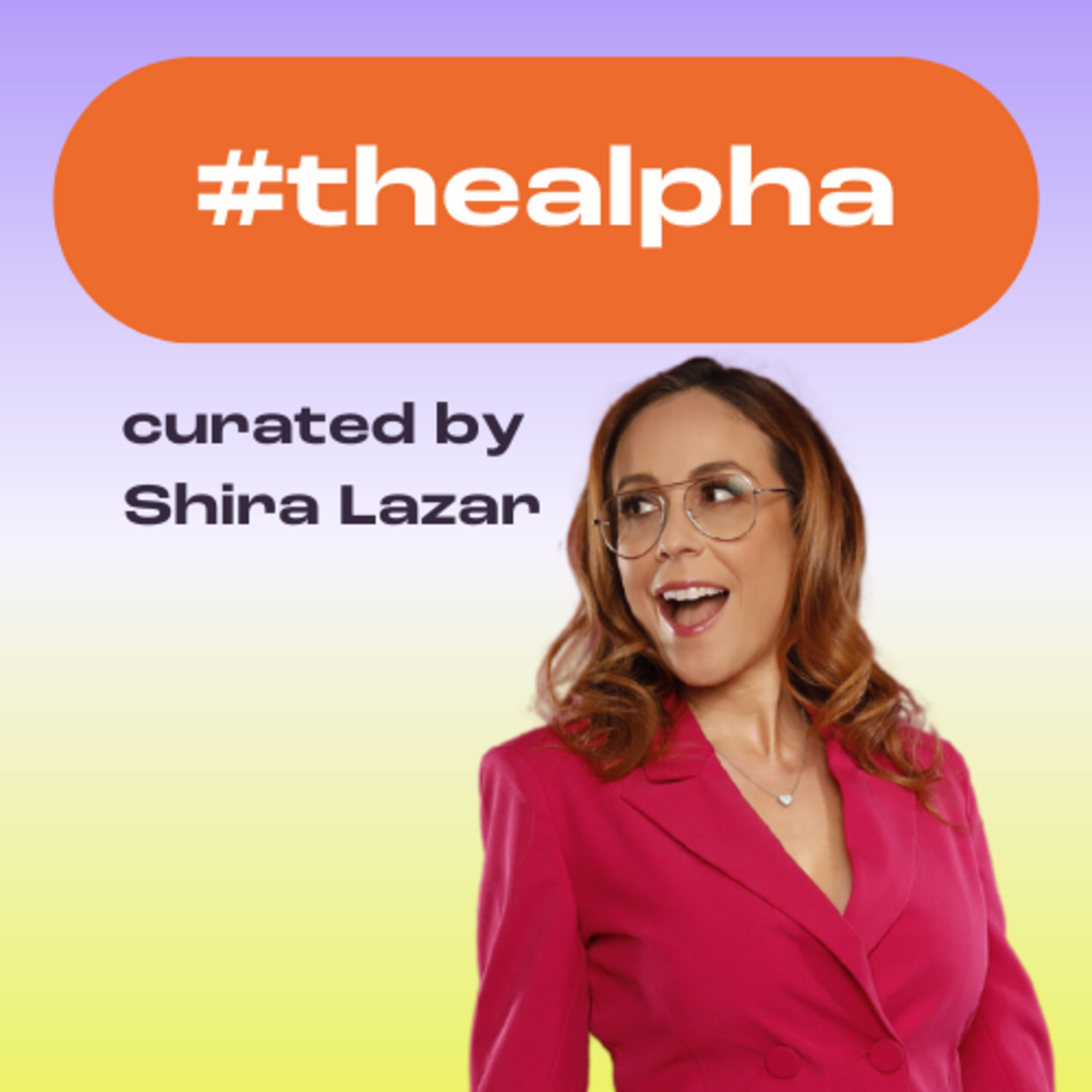Hey Alpha Fam!
The recent incident involving Scarlett Johansson and OpenAI brings important legal and ethical issues into focus.
Johansson is reportedly thinking about taking legal action under California's Right of Publicity law, which safeguards against the unauthorized commercial use of someone's voice. Although, OpenAI claims they did not use her voice, and had hired a voice actor.
This situation really highlights how crucial it is for AI companies to get proper consent and licensing to steer clear of legal troubles and uphold ethical standards, especially when it comes to creators.
The No Fakes Act is designed to protect people from unauthorized digital copies of their likenesses, voices, or performances. This law makes it illegal to use digital replicas without permission for commercial purposes. It's all about ensuring that individuals maintain control over their digital presence, preventing issues like identity theft and fraud. The Act addresses the growing concerns with AI and deepfake technologies, aiming to safeguard personal rights in the digital age.
We sat down with Tyler Chou is the founder and CEO of Tyler Chou Law for Creators for a deeper dive into the lawsuit. With over 15 years of experience in Hollywood, she has worked with major companies like Disney and Skydance Media. Chou specializes in empowering and protecting digital content creators, offering legal support to help them build successful businesses. She is also a YouTuber and actively volunteers for domestic violence shelters.
Does Scarlett Johansen have legal standing to sue?
TC: Yes, under Right of Publicity in CA, it is most likely for the commercial use of her voice.
Now, they might argue it was not her voice but because Altman did not disclose a voice actor service agreement. If he truly hired someone, he would have disclosed it. My guess is that he trained on her voice for a slightly altered version of her voice.
Note the importance of commercial use; that is what will get AI companies in trouble since they are making money on a person's voice.
California Civil Code Section 3344: This law provides for the right of publicity, stating that any unauthorized use of a person's voice for commercial purposes without prior consent is liable for damages. The plaintiff can recover damages, any profits the defendant gained from unauthorized use, and potentially punitive damages and attorney’s fees. It emphasizes the necessity for explicit consent before a person's voice can be used commercially.
How should companies like Open AI approach this so they don’t get into trouble?
TC: Actually OpenAI had the right idea, Altman did go and ask SJ for permission and offer to pay her. Ask for consent and/or license the talent (or person) NIL and/or voice. BUT if the talent says no, then do NOT copy their voice by altering it.
They should just hire a voice actor and make sure to have it in writing.
Advice for those doing deals to license their voice or brand to work with these platforms?
TC: Make sure to have an attorney protecting their rights. I know, as an attorney, how it sounds, but it really levels the negotiation levels when an attorney is involved. Do not give anything in perpetuity. Give a limited license to see how it goes. If it is a wild success, then you are re-negotiate for a better fee (that is why studios love options to sequel films on new actors because if the first movie is a success, they do not have to pay them millions--I hate options as I always root for and protect the Davids of the world).
How could OpenAI have handled this better?
TC: NOT use her voice or a similar voice after she said NO. That was just poor judgment. His attorneys advised him otherwise, and Sam decided not to follow their advice.
What should they do now - what would you advise them if you were their lawyer?
TC: Hire a legitimate voice actor and have them be the official voice of ChatCPT with a voice actor services agreement.
Would anything from SAG contracts now protect talent from stuff like this happening?
TC: Well, the AI companies are not studios or networks that agreed to be bound by the SAG Basic Agreement. I am friends with the head attorney at SAG for film, and I suppose it is time for me to have lunch with her to discuss this issue.
🔥My Hot Take: Scarlett Johansson vs. OpenAI is a crucial wake-up call. AI companies must get explicit consent before using anyone's voice. Tyler Chou highlights Johansson's strong legal standing under California's Right of Publicity law. This incident is a reminder to uphold ethical standards and safeguard personal rights in the digital age.
Other headlines to check out:
Web3
Creator Economy
AI
Keeping my eye on…
The SEC recently approved several Ethereum (ETH) exchange-traded funds (ETFs), making it easier for investors to access Ethereum through regulated financial products. This move boosts the legitimacy of digital assets and shows growing confidence in Ethereum's future, marking a significant step for mainstream adoption.
I’m Bullish On…
WOW3
The "Unstoppable Women of Web3 and AI" (WOW3) panel at Consensus 2024 is a significant event for those passionate about bridging the gender gap and empowering women in leadership roles. It serves as a powerful forum for companies and individuals dedicated to this cause.
WOW3 (Women of Web3) is a community dedicated to empowering women in the Web3 space. It provides educational resources, networking opportunities, and support to help women succeed in blockchain, NFTs, and decentralized technologies. WOW3 aims to foster inclusivity and collaboration, driving innovation and knowledge sharing among women in the digital landscape.
Gentle reminder:
No matter how many times you're pushed down, keep believing, doing the work and having faith! That trust in what's possible and in yourself is all you've got.
Remember, I'm Bullish on you!
With gratitude,



